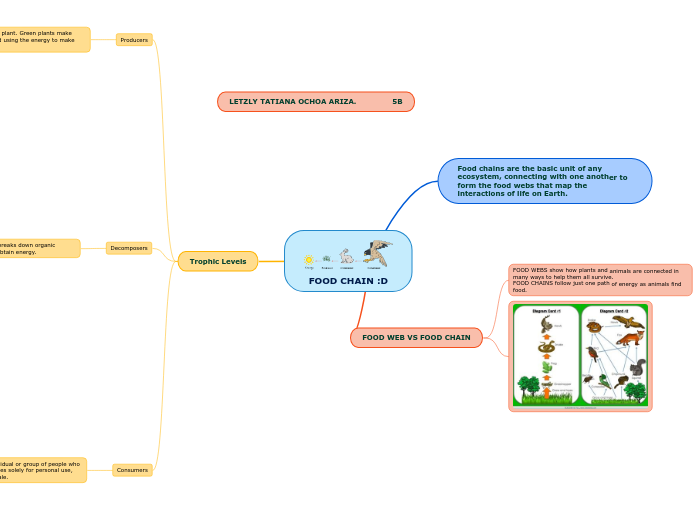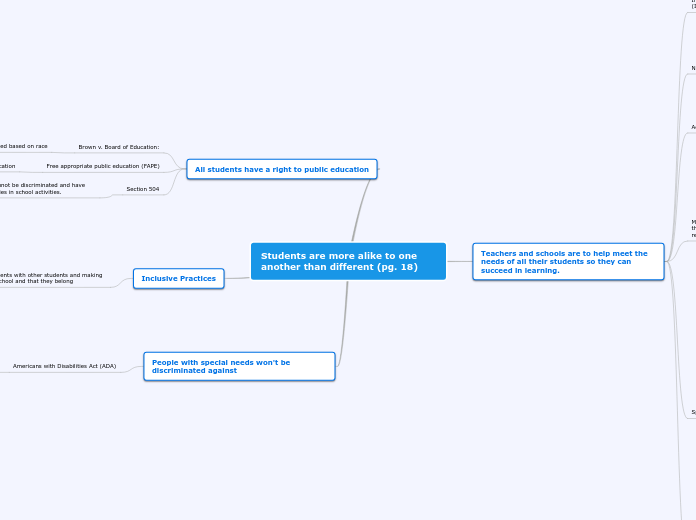ENVIRONMENTAL SCIENCE FOR DUMMIES CHEAT SHEET
Enviromental science is a field of study focused on the Earth's environment and the resources it provides to all living organisms, including humans
WORKING TOWARD A MORE SUSTAINABLE ENVIRONMENT.
Environmental science is all about finding ways to live more sustainably; sustainability doesn’t mean living without luxuries, but rather being aware of your resource consumption and reducing unnecessary waste.
The following sustainability measures begin little by little with what can be done individually to take better care of the land.
-Taking steps toward smarter land use.
Conserving water.
-Recycling.
-Eating locally
WHAT DEFINES AN ECOSYSTEM?
An ecosystem consists of a biological community and its physical environment.
An ecosystem recycles matter through the process of decomposition.
All the biological processes in an ecosystem run on energy captured from the sun.
It provides the organisms that live there with what they need to survive.
HOW TO CHARACTERIZE A POPULATION OF LIVING THINGS?
Each population is formed by a group of individuals of the same species that occupy the same environment and interact with each other. The scientists use some common measures to characterize the populations:
Age structure:
describes how many individuals fall into different age classes.
Sex ratio: es el número de hombres contra mujeres.
Density:
of a population is the number of individuals,
in relation to the area they inhabit.
Size:
of a populación is the number of individuals that make it up.
LONG-TERM IMPACT OF THE KEY ENVIRONMENTAL LEGISLATION IN THE UNITED STATES.
In the decade of 1970, the Congress of the EE. UU It passed a series of important laws to repair environmental damage and protect the environment from further pollution. Here some of the laws
National Forest Management Act of 1976:
considers that the extraction of wood affects the ecosystem as a whole.
Safe Drinking Water Act of 1974:
improve public health by protecting public supplies of drinking water from pollution.
Endangered Especies Act of 1973:
establishes a process to legally recognize and seek the conservation of endangered species of plants and animals.
Clean Water Act of 1972:
led to a dramatic improvement in water quality.
Clean Air Act of 1970:
This law was the first to regulate air pollution on a national scale and establish goals to improve air quality.









